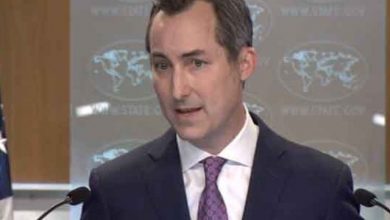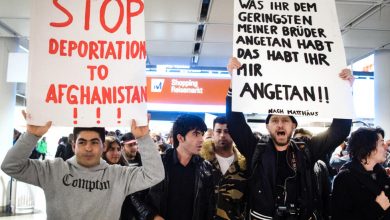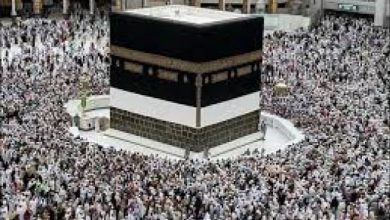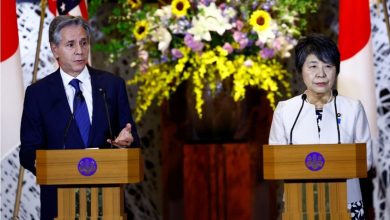Gaza ceasefire talks continue another day as death toll exceeds 40,000
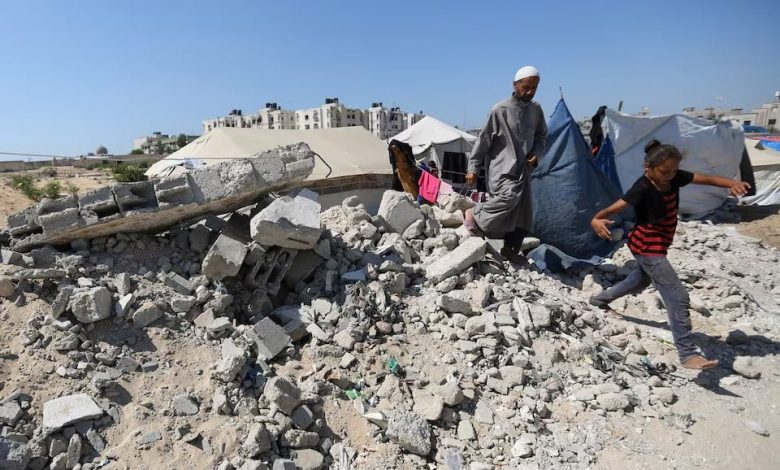
Negotiators were set to reconvene in Doha on Friday in an effort to finalise a Gaza ceasefire agreement, as Israel continued its military operations in the Palestinian territory. The ceasefire talks, which began on Thursday, aim to bring an end to the ongoing conflict, which has resulted in a death toll exceeding 40,000 in Gaza, according to local health officials.
The discussions, held under the mediation of Qatari and US officials, were described as “constructive” by a US official familiar with the proceedings. US national security spokesperson John Kirby emphasised the importance of the negotiations, stating that the remaining challenges could be resolved and that it was crucial to conclude the process.
Meanwhile, Israel intensified its operations in Gaza, with at least six Palestinians reported killed in an airstrike on a house in Jabalia on Thursday night. Earlier, Israeli forces had targeted areas in the southern cities of Rafah and Khan Younis.
Hamas politburo member Hossam Badran criticised Israel’s continued military actions, calling them a barrier to progress in the ceasefire talks. He urged that the negotiations move towards implementing a previously agreed framework, which includes a full ceasefire, the withdrawal of Israeli forces, the return of displaced Palestinians, and a hostage exchange agreement.
Although Hamas officials did not participate in Thursday’s talks, mediators planned to consult with Hamas’ Doha-based negotiating team afterward. The Israeli delegation included key security figures such as spy chief David Barnea and military hostages chief Nitzan Alon. The US was represented by CIA Director Bill Burns and Middle East envoy Brett McGurk, while Qatari and Egyptian officials also participated in the discussions.
The negotiations, aimed at ending the violence in Gaza and securing the release of 115 Israeli and foreign hostages, were seen as urgent, particularly as tensions escalated following the assassination of Hamas leader Ismail Haniyeh in Tehran. The US has deployed military assets to the region to defend Israel and prevent a broader regional conflict.
Despite the challenges, both Israel and Hamas have expressed willingness to reach an agreement, though significant differences remain. These include the presence of Israeli troops in Gaza, the sequence of a hostage release, and restrictions on civilian movement within Gaza.

